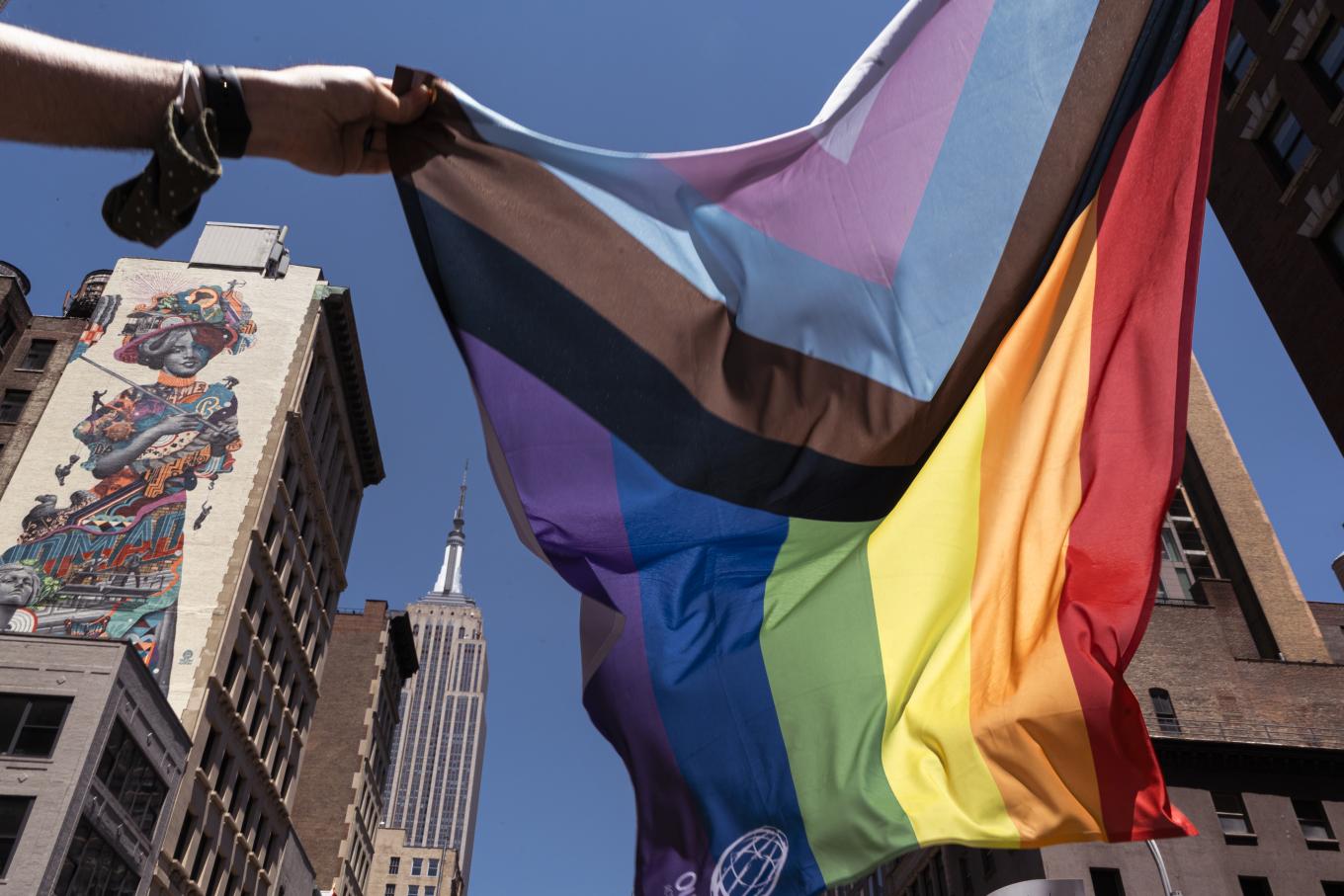
Country Overview
Slovak Republic
At a glance
View more for this country:
In the Slovak Republic, or Slovakia, LGBTIQ people face many legal and social issues. Discrimination based on sexual orientation and gender identity is banned, but continues to occur regularly. The country does not recognize same-sex marriages or civil unions, with parliament rejecting the most recent civil union bill in 2022. In October 2024, four members of the ruling party proposed amendments to the Education Act seeking to ban the “promotion” of “non-traditional sexual orientation” in schools.
Similar to other countries in the region, anti-transgender narratives and movements in Slovakia are growing in size and popularity, serving as a new focus of far-right populist leaders. In 2022, the Ministry of Health published new guidelines on the standards of care for trans people, which would have made it possible for trans people to change their legal gender markers without surgical intervention. However, due to conservative backlash, these guidelines were suspended.
Public opinion in favor of LGBTIQ equality reached an all-time high in Slovakia after two people were killed outside of a Bratislava gay bar in 2022. However, it is deteriorating quickly. Slovaks consider LGBTIQ people to be the second most discriminated group in the country, following the Roma.
There is minimal data on intersex communities in Slovakia, although the anti-discrimination law, which includes an open-ended “other” category of protected characteristics or social groups, could apply to intersex people. In 2024, the Slovakian film Úsvit, which tells the story of an intersex person, was met with praise, with the main actor portraying the intersex character winning the Best Actor award at an international film festival.
*Outright research indicates that the bodily autonomy of intersex people is not respected and protected in this country.
Global Impact
Sub-Saharan Africa
Outright supports LGBTIQ organizations in Sub-Saharan Africa and works with mainstream human rights organizations to respect human rights and influence positive changes in laws, policies, attitudes and beliefs that cause discrimination against LGBTIQ people.
United Nations
Our work at the United Nations centers around advocating for the advancement of the rights of LGBTIQ people.
View this regionAsia
Our work in Asia promotes acceptance of sexual and gender diversity at all levels of society.
View this regionSouthwest Asia and North Africa
In the Southwest Asia and North Africa, we partner with local groups in various countries as part of our international solidarity work. We also work with our local partners on different topics through capacity building, advocacy, research and holistic security.
Europe and Central Asia
Outright International partners with activists to fight for an end to human rights violations based on sexual orientation, gender identity and gender expression in Europe and Central Asia, where most of our work involves emergency responses to harassment, discrimination, violence, and most recently, Russia’s brutal and expanded invasion of Ukraine.
Americas
Our work in the Americas continues to build on the fundamental and positive transformation of human rights protections in recent years. We partner with groups in the Caribbean that focus on ending gender-based violence and eradicating discrimination against trans people.
Pacific
Our work in the Pacific aims to increase the visibility of activists, respond to human rights emergencies, and actively bridge local, regional, and international activism to achieve equality and justice.
Global
View this region
Human Rights Research
Since 1990, we have partnered with activists from all over the world to produce hundreds of groundbreaking reports.
Read Our Reports